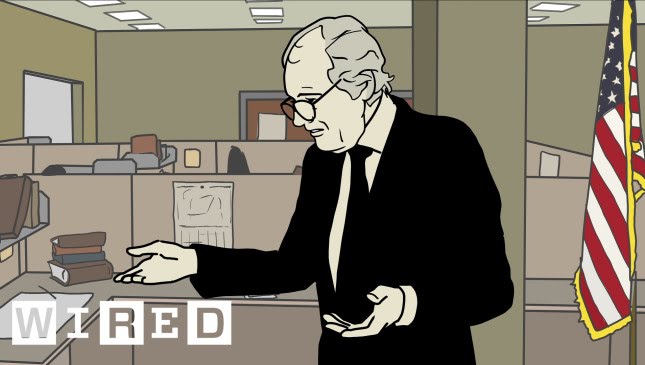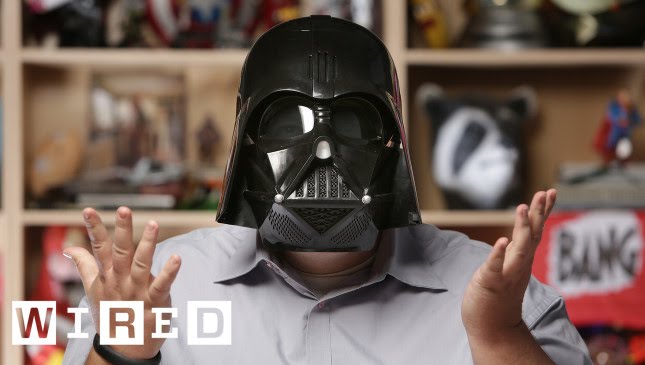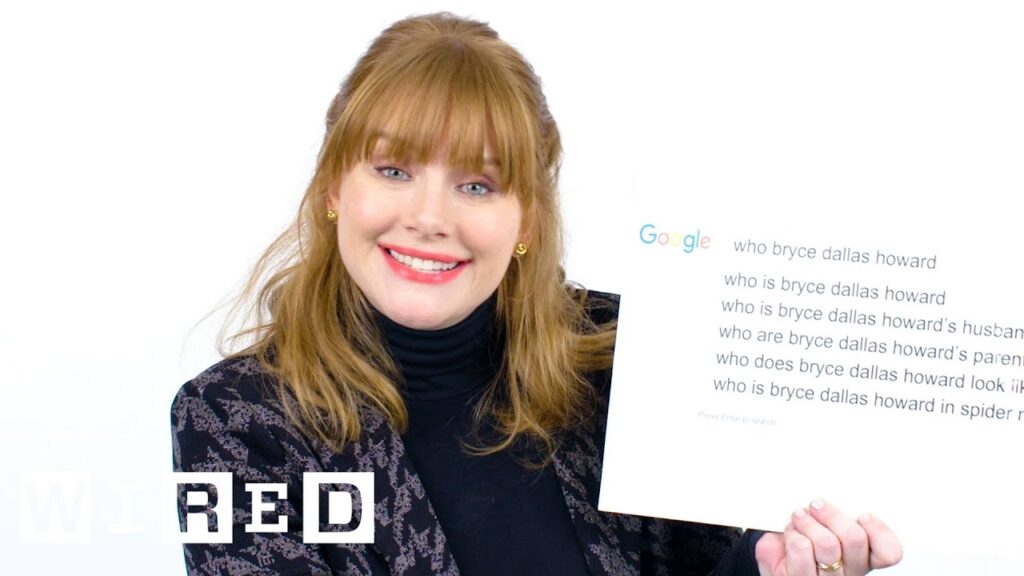Common Language Peeves: Origins and Evolution
Summary
The article delves into some common language peeves people have such as misheard expressions, vocal fry, and grammar rules. The origins and evolution of these peeves are explored and the inevitability of language change is emphasized.
Table of Contents
- Eggcorns and Linguistic Evolution
- Vocal Fry and Uptalk Criticism
- Grammar Rules: Origins and Evolution
- Word Meanings: Evolution and Change
- Celebrating Language Diversity
Introduction
Language is an ever-evolving entity that changes constantly over time. However, there are certain language habits and rules that people have strong opinions about. In this article, we will explore some common language peeves people have and their origins. We will also discuss the evolution of language and why the diversity of expression and meaning in language should be celebrated.
Q&A
Eggcorns and Linguistic Evolution
Q: What are eggcorns, and how do they evolve?
A: Eggcorns are misheard expressions that make sense and sound like the original phrase. They are a transitional stage in language, and some become accepted phrases and words over time. They evolve when large groups of people start using them and accepting them as valid expressions or words. Examples of eggcorns include “mating name” for “maiden name,” “all intensive purposes” for “all intents and purposes” and “nip it in the butt” for “nip it in the bud.”
Q: Do eggcorns affect the meaning of the original phrase?
A: Eggcorns often retain the meaning of the original phrase but add a new layer of meaning to the expression. For example, “all intensive purposes” could be interpreted as intensifying the purposes, which is not the intended meaning of the original phrase “all intents and purposes.”
Vocal Fry and Uptalk Criticism
Q: Can you explain vocal fry and uptalk?
A: Vocal fry or creaky voice is a vocal register that is used in some languages for emphasis or as a sign of finality. Uptalk, on the other hand, is the intonation pattern of rising pitch at the end of a sentence. It’s often associated with asking a question or expressing uncertainty. In English, it’s mostly used by young women.
Q: Why do people criticize vocal fry and uptalk?
A: Unfortunately, vocal fry and uptalk are often criticized as they can make individuals sound less intelligent, trustworthy, and competent. There is a perception that uptalk makes a person sound unsure of themselves or that vocal fry makes them sound bored or uninterested.
Q: Are vocal fry and uptalk only found in English?
A: No, vocal fry, and uptalk are found in many languages, particularly in Scandinavian languages. For example, in Norwegian, uptalk is used to indicate a more informal, friendly tone, and in Swedish, it’s used in questions and as a sign of politeness.
Grammar Rules: Origins and Evolution
Q: Why do people get upset over grammar rules?
A: People get upset over grammar rules because they are seen as prescriptive and can limit language use. Furthermore, many grammar rules are made up, and some people feel that they do not make sense or hinder communication rather than improve it.
Q: Can you give an example of a grammar rule that was made up?
A: Yes, an example is the rule against ending sentences with prepositions, which was made up in the 17th century by John Dryden. Another example is the prohibition against splitting infinitives, which was made up in the 18th century by Robert Baker.
Word Meanings: Evolution and Change
Q: Can word meanings change over time?
A: Yes, word meanings can and do change over time. Sometimes these changes can be rapid, and other times they can take centuries. For example, the word “silly” used to mean “happy” or “fortunate” in the 16th century, but the meaning changed to “foolish” over time.
Q: Can you explain the use of “literally” as an intensifier?
A: Yes, the usage of “literally” as an intensifier has evolved to mean “figuratively” or “metaphorically.” For example, people might say “I literally died laughing,” when they really mean they laughed a lot. This usage has become common, and while it’s not technically correct, it’s an accepted part of modern language.
Celebrating Language Diversity
Q: Why is it important to celebrate the diversity of expression and meaning in language?
A: Language is a reflection of a culture and a society. The diversity of language expression and meaning allows us to communicate in more nuanced and expressive ways. It also allows us to preserve cultural heritage and traditions. Furthermore, language is always changing, and there is no “correct” way to speak or write. Celebrating language diversity embraces the richness of human experience and understanding.
Conclusion
Language is an ever-evolving entity that changes with time, culture, and society. Eggcorns, vocal fry, and grammar rules are just some of the language peeves people have. However, the diversity of expression and meaning in language should be celebrated, as it allows us to communicate in more nuanced and expressive ways. While personal preferences and opinions about language use are valid, there is no “correct” way to speak or write, and the inevitability of language change should be embraced.







